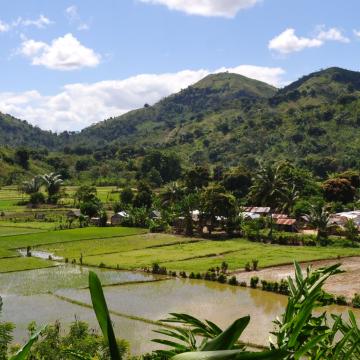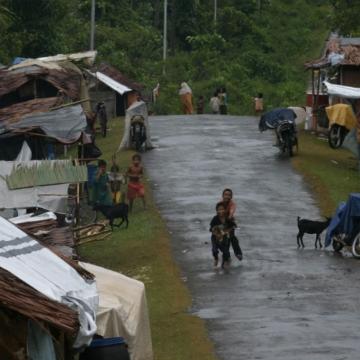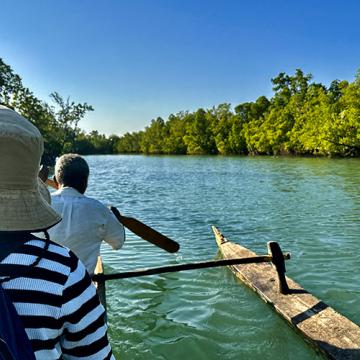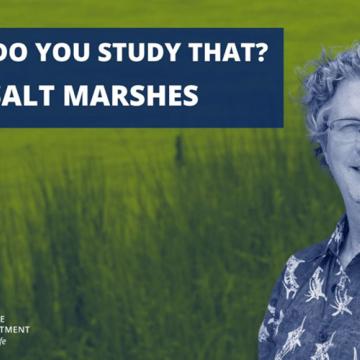-
NewsA Duke Forest tour featured research from the SEEDS Lab.
-
NewsTaking action in each phase is a community effort
-
NewsCrab behavior suggestive of wound-tending may improve coral tolerance to heat waves.
-
NewsSatellite records show spectacular vegetation growth coinciding with the first year of the pandemic. Researchers investigated whether lockdowns played a role.
-
NewsMeet the PlanetLab, learn more about its research focus, lab members' experiences in the lab and the opportunities the lab offers Duke students.
-
NewsAfter catastrophic damage, how does a community rebuild? This an introduction to the disaster management cycle
-
NewsSmall-scale fisheries play a significant but overlooked role in global fisheries production and are key to addressing hunger and malnutrition while supporting livelihoods around the world, according to research featured on the cover of Nature.
-
NewsMeet the Doyle Lab, learn more about its research focus, a lab member's experience in the lab and the opportunities the lab offers Duke students.
-
NewsJournals focused on ferns, clams, or coral reefs had proportionally more of their articles cited by the federal government when protecting species than more prominent, higher-impact journals
-
NewsMeet the Ocean Synthesis Lab, learn more about its research focus, lab members' experiences in the lab and the opportunities the lab offers Duke students.
-
NewsBrian Silliman, Rachel Carson Professor of Marine Conservation Biology at Duke, explains why he studies salt marshes in coastal North Carolina: They increase production of seafood, help protect against storms, and clean the air. With climate change causing stress to these organisms, coastal communities are more vulnerable. ”Duke is very active in the conservation and restoration of salt marshes,” says Silliman.
-
NewsReforestation in low- and middle-income countries can remove up to 10 times more carbon dioxide from the atmosphere at lower cost than previously estimated, making it a potentially more effective option to fight climate change.
-
NewsResearchers have found a chemical clue in Italian limestone that explains a mass extinction of marine life in the Early Jurassic period, 183 million years ago. Volcanic activity pumped out CO2, warming oceans and lowering their oxygen levels. The findings may foretell the impact climate change and oxygen depletion might have on today’s oceans.
-
NewsA new study co-authored by Binbin Li and Stuart Pimm outlines what is needed for conservation to benefit both nature and people.














